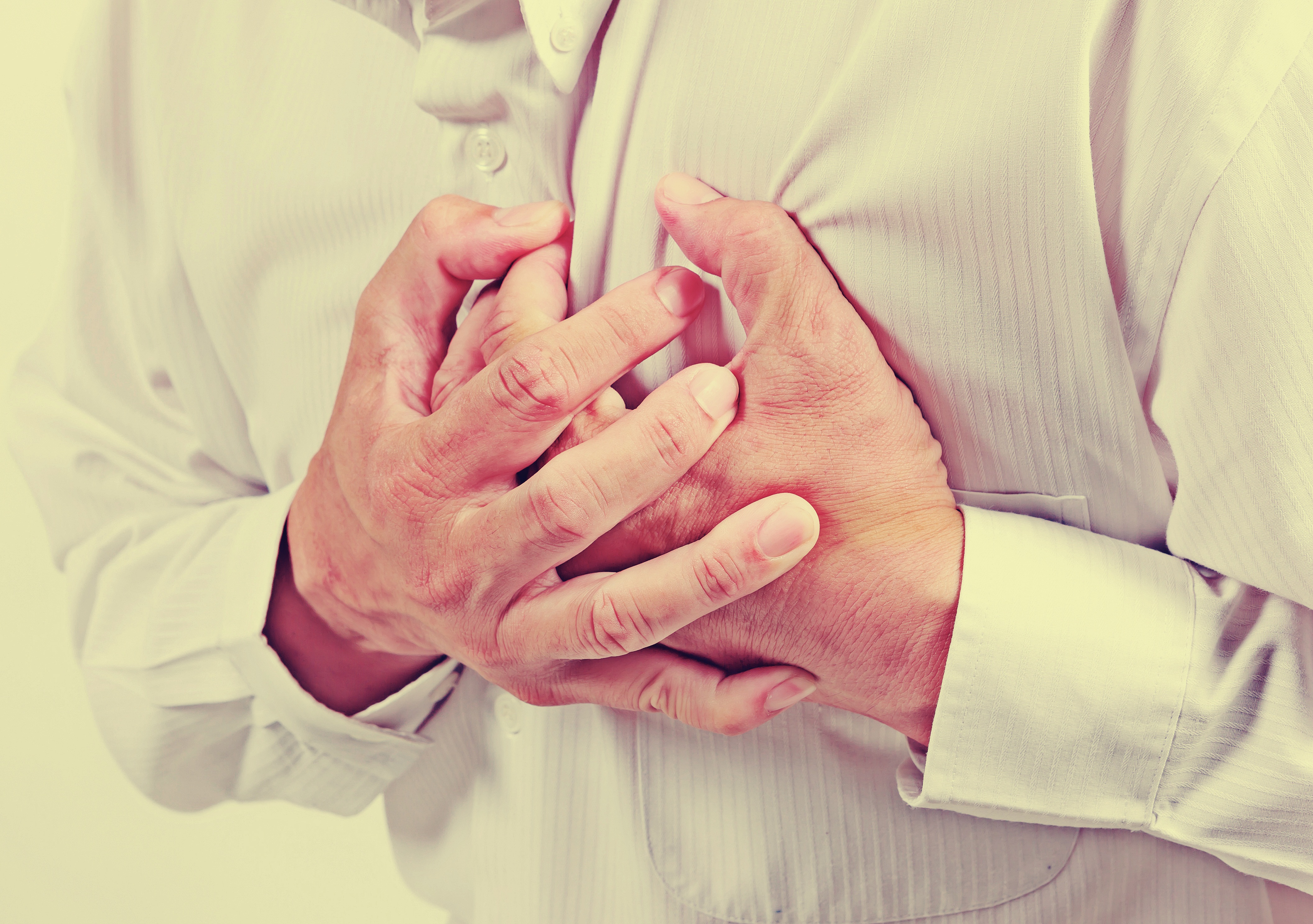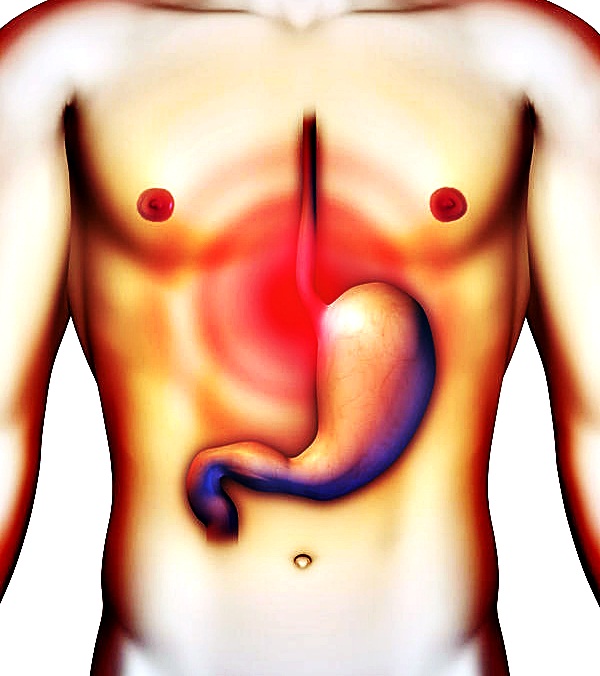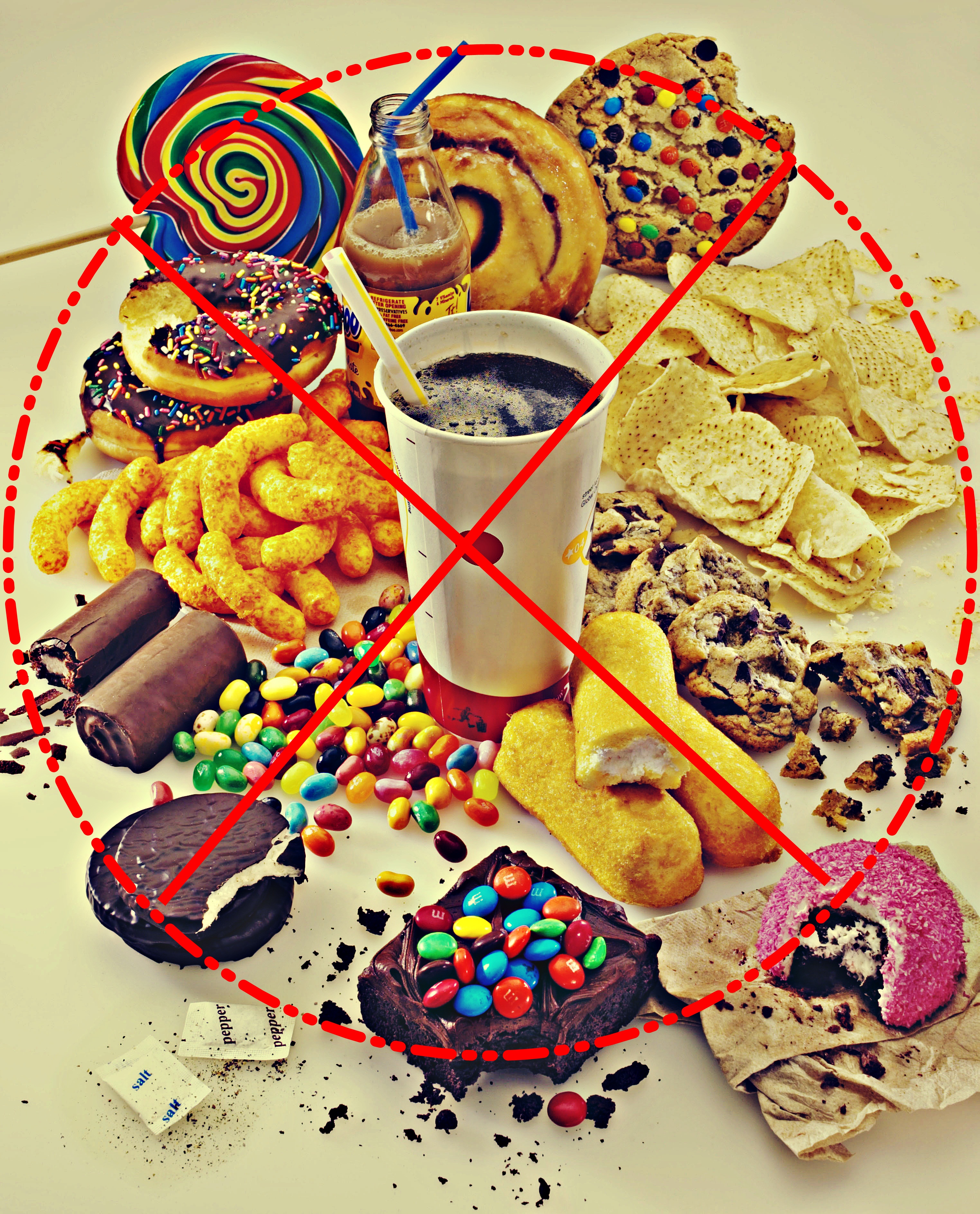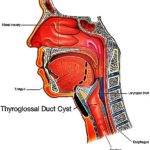In our lives, we are likely to have a trapped gas in the chest. It is likely to disappear after belching and passing out wind in the form of flatulence. The persistence of the trapped gas may cause chest pains. Trapped gas is caused by bacteria living in the colon ferments with carbohydrates that are not fully digested during intake of food in the small intestine and form gas. This leads to gas build up in the abdomen causing chest pains or gas getting trapped in the chest. Most of the times, the trapped gas is confused with a heart attack.
Symptoms
Some of the most common symptoms of the trapped gas include tightness in the chest and the feelings of bloating. Belching and voluntary and involuntary passing of the gas are also notable symptoms. When the pain in the chest builds up the patient is likely to face abdominal pains.
Causes of trapped gas
When the stomach acids travel up the esophagus, this causes a burning sensation and pain. This condition is known as gastroesophageal reflux disease (GERD). The condition develops when one has panic attacks and is under high levels of stress. The food that we consume may be another cause. Carbonated drinks and foods rich in whole grain may cause the trapped gas. Food that is not properly chewed is also a contributing factor.
Indigestion could be the cause of the gas build up. Indigestion is caused by conditions like ulcers, esophagus disorders and gastritis, which often catalyze the trapped gas.
Stomach acids escape and flow up into the esophagus, a condition normally known as heartburn; the gas can cause nausea and feeling of uneasiness.
Dairy products are composed of lactose, which sometimes the body may not digest. Gluten, which is a protein, found in wheat and other grains may be difficult to consume. The main symptoms for lactose intolerance are excessive gas and bloating.
The pain in the gallbladder also increases the incidences of the trapped gas. The gall bladder is the part of the liver system that helps in production of bile juice to assist in digestion. When the gall bladder is infected by the stones, the release of bile is hampered. To correct the problem surgery can be formed and carbon dioxide is used to inflate the stomach. The remains of the carbon dioxide after the surgery is performed can lead to trapped gas in the chest and cause pain.
Treatment
Increased intake of fluids may help to reduce the gas. The fluids wash away impurities that lie dormant in the body because of improper digestion. Hot beverages like herbal tea and hot water help in moving the gas through the digestive tract.
Mixing baking soda with hot water may reduce excess gas that is trapped. Having teaspoons of Apple Cider Vinegar daily improves digestion and hinders flatulence.
Physical activities are helpful like taking walks either in the evening or during you leisure times. For vigorous exercise a warm up should be performed.
Avoiding lactose
Allergy to lactose products may cause blotting and gassy feeling. This is due to the inability of the body to digest the food containing the lactose product. You can do this practically by consuming dairy products rich in lactose such as drinking the milk. When the symptoms of the gas appear, it is wise to reduce the intake of the lactose rich food products. Alternatively, you can switch the consumption of the dairy products with rice milk or soya. If it’s a must you take the dairy product such as milk, you can add a lactase liquid, which can be purchased from the pharmacy.
Chewing the food slowly
Taking down huge chunks of foods and fast eating faster leads to excess gas and fatting tendencies. Eating too fast leads to swallowing the food together with the gas. Also gobbling food too fast reduces the food mixing fully with the saliva hence interfering with the digestive process.
Timing it right
Eating at the right time helps to reduce the gas in the body. Eating three hours before bedtime curbs the excess gas produced during digestion. During daytime the digestive system functions perfectly therefore consuming food during the day prevents the excess gas. Also taking the food slowly prevents incidences of swallowing the food with air.
Trapped gas should not be a reason of panic because having its symptoms such as flatulence, belching and bloating is normal. Experiencing pressure or heaviness in the chest accompanied with pain gives one the impression that they have heart problems, it is however better to consult a doctor if the pain is continuous and more intense for further tests to be done. Realizing the major cause of the trapped gas in our system can assists us to curb the problem and reduce the incidences of it recurring.





